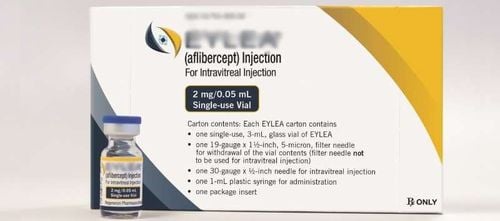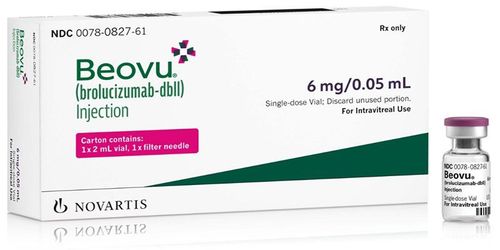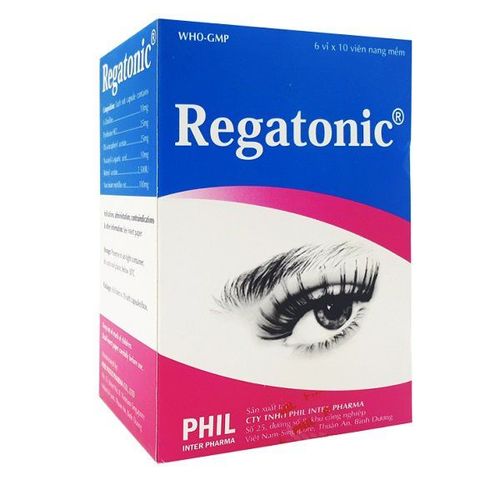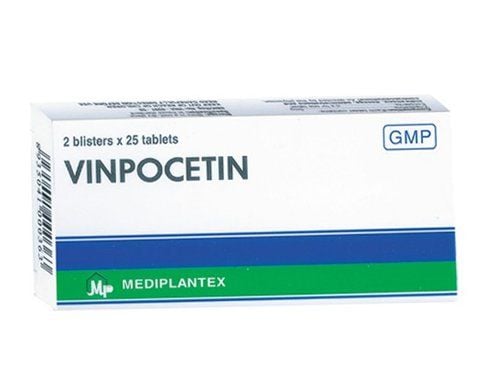This is an automatically translated article.
Lutein is a naturally occurring carotenoid that is classified as a powerful antioxidant and is synthesized by plants. Therefore, the drug Lutein was born to protect the body against unstable molecules.
1. What is Lutein?
Lutein is a naturally occurring carotenoid that is classified as a powerful antioxidant and is synthesized only by plants. Therefore, the drug Lutein was born to protect the body against unstable molecules.
Lutein can be easily found in many skin care cosmetics for women. In order for the antioxidant process to be fully effective, cosmetic product lines often combine the benefits of many carotenoids together, including a combination of Zeaxanthin and Lutein.
2. Lutein's Ability to Work
Lutein is a Carotenoid compound that accounts for the highest percentage in the macula of the eyes and brain. This is a substance that acts as an antioxidant as well as an essential component of the human body. However, the human body cannot synthesize Lutein on its own, but it needs to be supplemented with this compound in the process of eating dark green vegetables, fruits or through other functional foods.
In addition, Lutein acts as an antioxidant for the skin to help fight free radical damage caused by sunlight, blue light or a poor, unscientific diet.
3. Lutein's role in health
Protects collagen production: Lutein helps maintain collagen production under the skin and is responsible for maintaining elasticity and rejuvenating the skin. Prevents melanin production: Lutein protects the skin from harmful ultraviolet (UV) rays and prevents the production of melanin under the skin thanks to its antioxidant ability. Brighten skin: Lutein has the ability to improve skin moisture, destroy harmful factors from the external environment to help brighten and smooth skin. Building and maintaining cell membrane structure: Lutein has the ability to protect fats, proteins and DNA from damaging factors and accelerate the recycling of Glutathione. Promotes eye health: Thanks to its antioxidant role, Lutein participates in the process of protecting the eyes from harmful free radicals to reduce the risk of developing age-related macular degeneration. Currently on the market, there are Lutein eye-brightening tablets to help enhance vision for users.
4. Use Lutein Correctly
Until now, studies have not determined the exact amount of Lutein and Zeaxanthin needed to provide the body daily. Some preliminary studies show that just adding 10mg of Lutein and 2mg of Zeaxanthin to the body is enough for the eyes and skin to best absorb these two antioxidants.
There are 2 ways to supplement Lutein daily including: supplementing with functional foods and supplementing with lutein-rich foods.
It should be noted that it is not recommended to process foods containing Lutein at high temperatures, as this may affect the carotenoid content of foods. However, using cooked food is still better than eating raw.
5. Some notes while using Lutein
When the body absorbs too much carotenoids including Lutein and Zeaxanthin, it can backfire by leading to the problem of carotenoderma. This is jaundice caused by infiltration of carotene in the blood. For children and pregnant or lactating women who want to supplement Lutein, it is necessary to discuss carefully with a specialist. Lutein is a naturally occurring carotenoid that is classified as a powerful antioxidant and is synthesized by plants. To ensure effective use, users need to carefully read the instructions and consult a doctor, professional pharmacist before use.
Follow Vinmec International General Hospital website to get more health, nutrition and beauty information to protect the health of yourself and your loved ones in your family.
Please dial HOTLINE for more information or register for an appointment HERE. Download MyVinmec app to make appointments faster and to manage your bookings easily.













